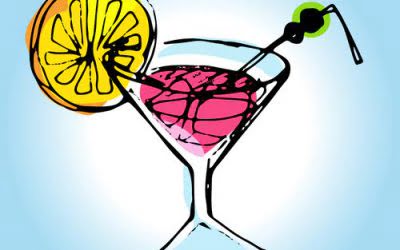Native youth connect with culture to break cycles of addiction
Even still, recovery is never out of rich, no matter how hopeless one can feel. The first step in breaking an addiction is recognizing that you need help. No matter the addiction — drugs, gambling, shopping, smoking, alcohol or more — people who want to kick their habit in the new year might find help in a new Harvard University publication.
- One is to shift thinking immediately as a craving arises.
- Learn more about the levels of care offered at American Addiction Centers’ nationwide treatment centers.
- Not everybody requires medically supervised detox or an extended stint in rehab.
- The first thing to do when you realize you have relapsed is to understand what happened.
- It teaches people how to cope with triggers and mend relationships with family and friends.
- Unfortunately, drug use can become a regular part of their daily life during this time.
This 60-minute presentation is set up so that you can watch at a time that works for you.
- By contrast, most adolescents relapsed in social settings when they were trying to enhance a positive emotional state.
- In fact, more people succeed at beating their addiction than fail.
- PLUS, the latest news on medical advances and breakthroughs from Harvard Medical School experts.
When someone’s trying to distance themselves from addictive habits, it’s essential to replace them with coping skills for addiction recovery and healthier choices. The first step in the recovery process is stopping drug use. The endpoint is voluntary control over use and https://thespice.net/we-take-care-of-the-eyes-correctly.html reintegration into the roles and responsibilities of society. Because change is so difficult, it’s useful to have a guide when attempting to kick an addiction to drugs, alcohol or behavior. Research shows that the following steps can help you move toward your recovery goals. You have the greatest chance of success if you adopt all five steps.
Reach out for support
Experts recommend doing an impromptu cost-benefit analysis by filling out a table such as Table 1. Remember that addiction is a disease, and recovery is a journey. With the proper support, treatment, and confidence, your loved one can break the cycle of addiction https://www.saturn-fc.ru/en/general/23528/ and live a fulfilling life. Because recovery involves growth, families need to learn and practice new patterns of interaction. Peer or mutual support is not restricted to AA or NA; it is available through other programs that similarly offer regular group meetings in which members share their experiences and recovery skills.

Accessible Ways to Stop Drinking Alcohol

You’ll learn the importance of a safe—and satisfying—substitute. You’ll be briefed on effective psychotherapies…and why a relapse isn’t always bad. True recovery will involve an internal shift in which other pursuits replace time spent on the addiction. It is possible to overcome shame—by driving right through it. Neuroscientist Adi Jaffe, Ph.D., who himself recovered from addiction, outlines five steps. • Identity—shifting towards a new, positive view of oneself, one more aligned with one’s deeper values and goals, https://invest24news.com/modern-treatment-facilities-a-guarantee-of.html one built on self-confidence gained by acquiring new skills and new behaviors.
Learning to Cope with Cravings
Recognizing that there’s a problem and accepting help can be difficult for those struggling with addiction. Denial often creates a barrier to progress, making it challenging to take the first step toward recovery. These consequences extend beyond physical and emotional health impacts.


